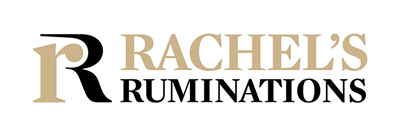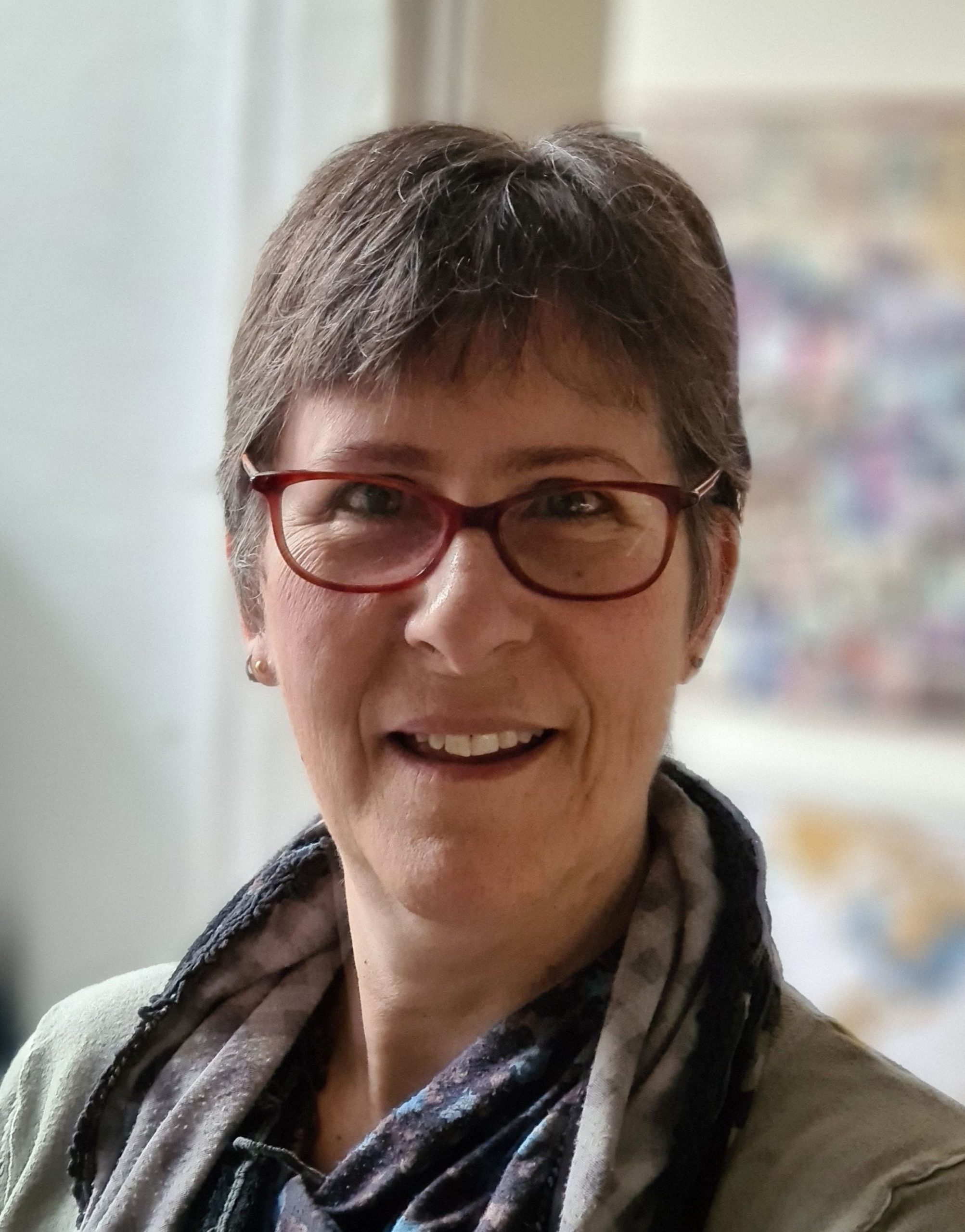Things I Like about Holland
I’ve received a couple of complaints – one from Albert, my husband, and one from Robert, a colleague and friend – that I complain too much about Holland in my blog.
Well, first of all, in my defence, I’d like to point out that writing a rant is far more fun than writing about good stuff. I mean, why do you think everything you hear on the news is bad? The good news isn’t at all entertaining. “Today there were no muggings, beatings or armed robberies. No politicians insulted any other politicians. The weather was perfect.” Boring!
My second line of defence is to point out that, if I lived in America, I’d still write rants. Hell, I’d have far more to rant about, wouldn’t I? Let’s see . . . Trump. Need I say more?
Nevertheless, given that Albert and Robert probably represent about 50% of my readership, I suppose it’s time to express some positive sentiments about Holland. So here it is: whatI like about Holland:
1. People ride bikes here – a lot.
And that means everyone. From four-year-olds (they get those training wheels off as early as possible) to little old ladies (They make bikes with an extra-low bar so you don’t have to lift your leg up high to get on. They also add rear-view mirrors so the old dear doesn’t have to swivel around.).
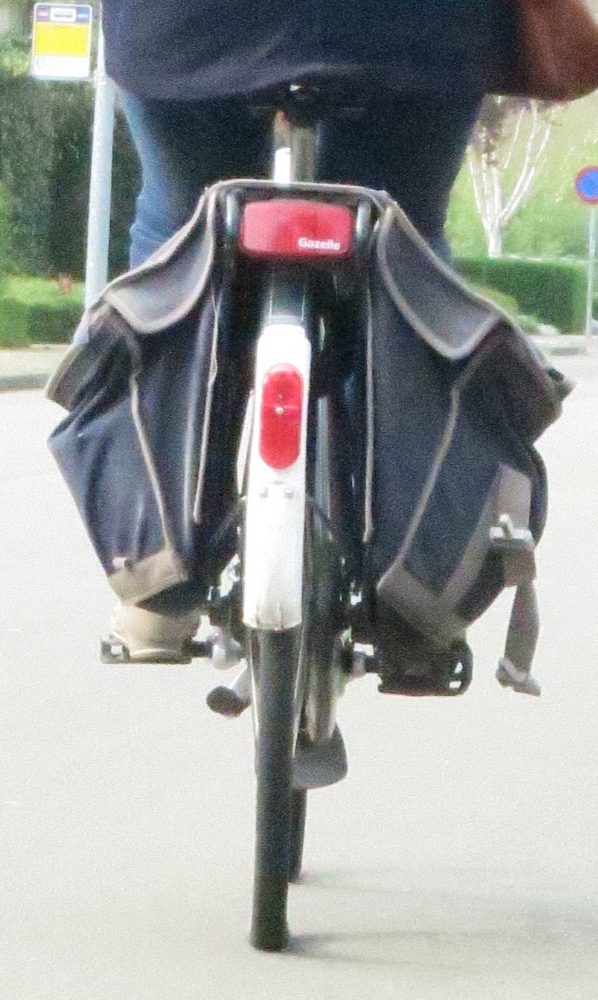
For businessmen in three-piece suits (who, admittedly, are a rare sight here) there is a special carrier that fits a briefcase exactly. Young mothers can strap a baby and a baby stroller on the back.
Anyway, the point is that it keeps the traffic down so I don’t have to breathe in exhaust fumes or endure the racket of busted mufflers.
2. Taxes are high.
Yep, that’s right, it’s something I like about Holland. Taxes are high and we get services for those taxes. There’s a crew of workers who keep the shrubbery trimmed and the weeds scraped from between the sidewalk tiles in our neighbourhood. A street-cleaning machine comes by periodically.
If something catastrophic were to happen and we couldn’t work anymore, we’d still have health coverage and get enough in Dutch welfare to actually live on. And I’m not talking minimal health coverage with a huge deductible either. We do pay for our health coverage (at very reasonable rates, and the kids are free) because we can afford it, but the point is that even if we couldn’t afford it, we’d be covered.
3. We have proportional democracy.
In the US, each state has a certain number of Congressmen, depending on its population. California, for example, has 53 Representatives. If, in each of those 53 districts, the Republican won by a handful of votes (God forbid!) then California would have 53 Republican Congressmen. The just-under-half of the voters of California who voted for the Democrats or other parties would have no one representing them at all.
Here, if 49 percent of the voters choose a particular party, that party gets about 49 percent of the seats. It’s just fairer!
But that never happens because with proportional democracy, small parties get seats too, so no party would ever get such a big proportion of seats. That means they have to work harder at consensus politics. And it means that everyone (even those who vote for little parties like the Animal Party) feels like their voice is heard.
4. It’s pretty here.
It rains a lot, but that means it’s green. Even in the winter the fields are green. Just lovely. And, of course, there are such beautiful old buildings: medieval churches and almshouses, Golden Age merchants’ townhouses, 19th century workers cottages, windmills, etc.
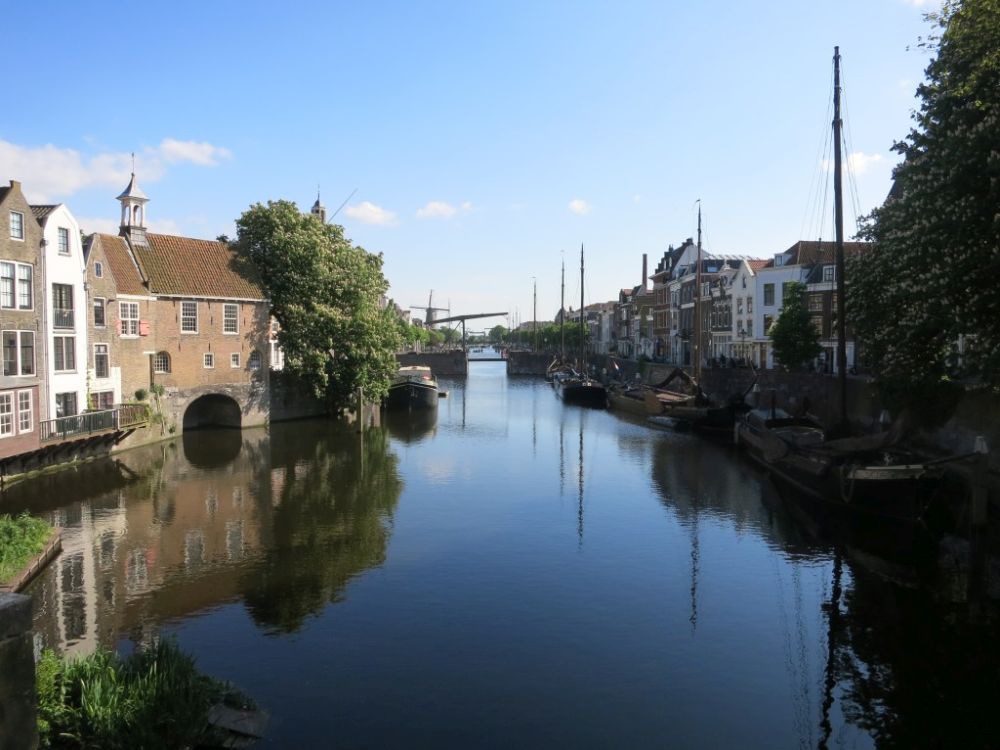
5. People balance work and leisure better here.
They don’t do overtime unless they’re paid for it. They get long vacations – most people get five or six weeks a year. Men and women can take months of parental leave. This isn’t to say they’re lazy, because there’s a very strong work ethic here. People want to work, and they want to work well, but they also want a life outside of work. It’s even standard for job applicants to list their hobbies on their resume. Nobody in the US ever asked me about my hobbies. Here, I’m more likely to get that question than questions about my work.
6. Prostitution and drug use are legal, more or less.
I’m not saying I have anything to do with either one, mind you! Unless you count what I inadvertently breathe in when I walk past a “coffee shop” in town.
But treating both as legal is simply the pragmatic way to deal with vices that will never go away just by banning them. The legal prostitutes get education about sexually-transmitted diseases and have regular access to health care. They get fair pay (and have to pay taxes) and the bordello owners have to live up to health and safety regulations. And if they want to get out of prostitution, they can, because they haven’t been so marginalized and criminalized that they’re too afraid to get help.
Admittedly, this description only applies to the legal prostitutes. There are many illegal prostitutes, mostly illegal immigrants, who don’t live any better than prostitutes the world over. But the difference between the two categories shows the advantages of legalizing it.
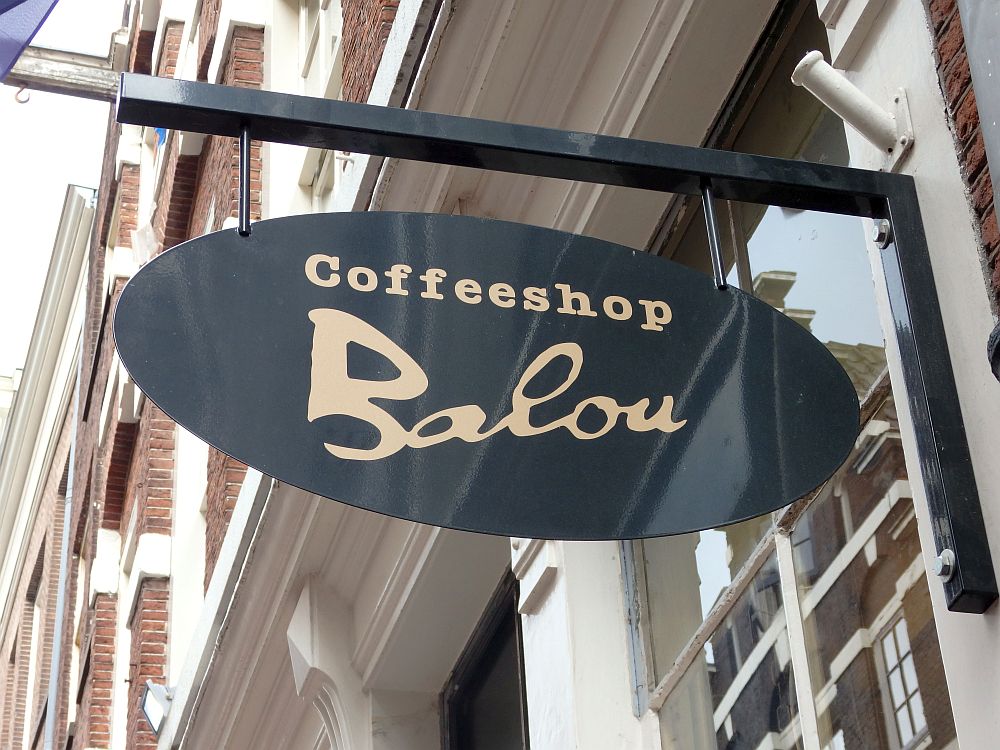
As for drug use, the same arguments apply. Addicts can access drugs without criminal activity, which is better for the rest of us. They receive clean needles, and when they’re ready to kick the habit, they can, without being labelled and punished for criminality.
Recreational marijuana use has been tolerated for decades: not really legal but not punished. Instead, drug enforcement focuses on suppliers, not users.
7. The drinking age is 18, and so is the driving age.
While the driving age is 18, most kids don’t get their license till later. They just don’t need it because they can bicycle locally and public transportation is so good.
As a mother, this is something that really makes sense to me. Kids are going to experiment with drinking, just like we did when we were teenagers. But we drank and then got behind the wheel of a car! It’s crazy.
Here they do just as much experimenting, often starting earlier than the drinking age, just like we did. But then, at worst, they’re getting on a bicycle to get home, not driving a lethal weapon. By the time they have their driver’s license, they’ve gotten past the teenage fascination with alcohol.
Getting a driver’s license isn’t easy here. They have to take some large number of lessons, which are very expensive, and pass a very difficult test, which is also very expensive. Many do not pass on the first try, so they have to pay again.
Because of the expense, most wait until they’re older to do their driver’s training. So by the time people are driving cars, they’ve worked out how to drink, and how to drink in moderation.
No, I’m not saying that nobody drives drunk here. I’m saying that teenagers don’t drive drunk here!
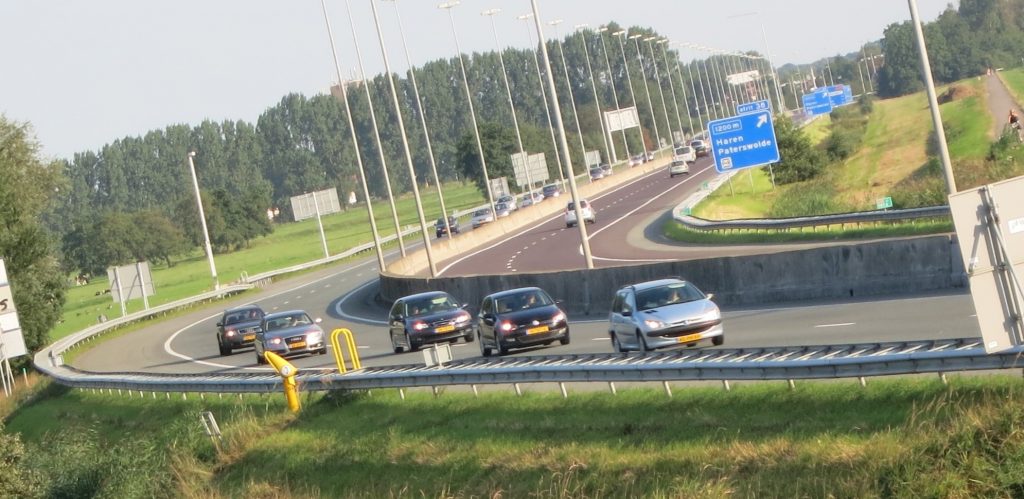
8. They don’t get hysterical.
There’s a general resistance to hysteria here that contrasts positively with America. If something terrible happens to a child somewhere in Holland – an abduction or a freak accident, for example – people here don’t immediately draw the conclusion that the same thing is likely to happen to their child. They continue their lives as normal.
Perhaps if the incident happened nearby, they might be a little more vigilant and discuss the matter with their child, but that’s the extent of it. They don’t make their children virtual prisoners in order to protect them from something that is extremely unlikely to happen.
9. People don’t sue much here.
I think this is for two reasons. First, they have a much stronger sense of responsibility. If you trip on an uneven paving stone and fall, it was because you weren’t watching where you were going. And suing is generally frowned on for this reason.
Second, the rewards are likely to be much less, so it’s hardly worth suing. If a medical procedure goes wrong and you sue, you might indeed win, but only to have future medical procedures paid for (which would normally be paid by your health coverage anyway). You might even get some small amount in compensation, but we’re talking thousands, not the millions that get awarded in the US. That’s why medical treatment is so much less expensive here: the professionals have to pay far less for medical malpractice insurance.
So Albert and Robert, next time you think I’m complaining too much, come back and read this entry again. It’ll make you feel better.
